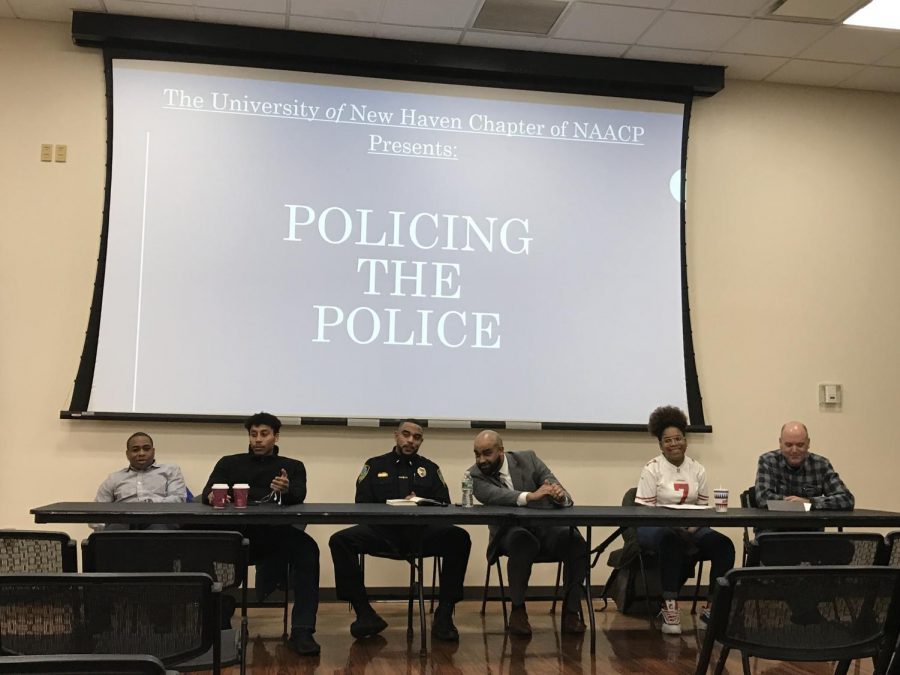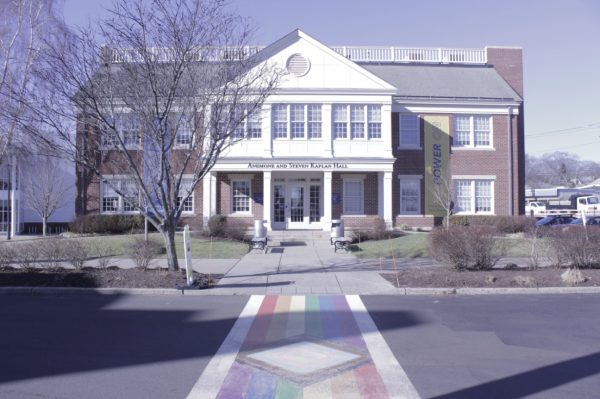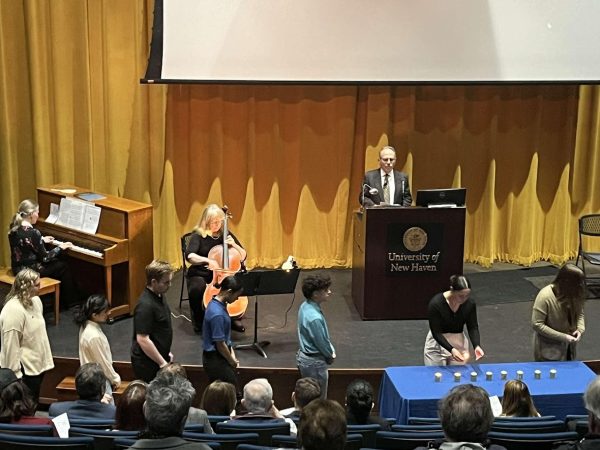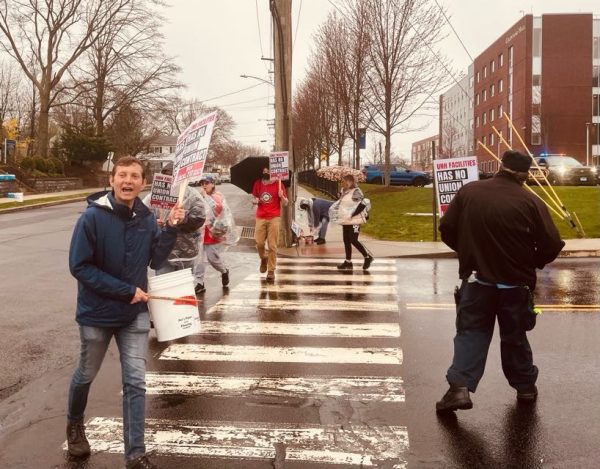NAACP Hosts “Policing the Police” Panel
The National Association for the Advancement of Colored People (NAACP), hosted Policing the Police, a panel in the Alumni Lounge on Tuesday, Feb. 5. The event was open to anyone on campus and included a panel of students, professors, and professionals in the criminal justice field.
“It came about because Youth Justice did a panel last semester to discuss Colin Kaepernick, so we wanted to do a panel about the policing aspect to bring good insight on it since it is an issue in the community,” said Jordan Harris, the first vice president of NAACP.
The panel included six panelists; Kendall Coker, professor in psychology at the University of New Haven, Dillion Swaine, executive vice president of NAACP, Lieutenant Joseph Murgo, from the East Haven Police Department, Jesse Giddings, assistant state’s attorney and prosecutor for the state of Connecticut, Tatiana Gay, a senior criminal justice major at the university and former intern at the New Haven Police Department, and David Schroeder, associate dean of the Lee College.
As a part of Black History Month, they discussed how policing is an issue in the black community. Also, as a criminal justice school, for students that want to be police officers or lawyers, this panel was a way for them to hear from professionals in those fields, and see what their experiences have been.
According to their Charger Connection page, part of NAACP’s University of New Haven chapter’s mission is to “address campus-wide, social, and political issues as well as educate, empower, and unite the next generation of student leaders.”
Students that attended were able to be a part of a larger discussion about issues we see every day and shared stories of injustices they have faced or seen. Some of the questions for the panelists were centered around implicit biases seen in society today, as well as students in the audience sharing implicit biases they have witnessed or experienced.
These discussions lead to panelists expressing how the younger generation going into the policing field can be the ones to make better decisions and enforce much-needed justice. Murgo said he was honored to be with “the next generation of leaders.”
“Positive discussion is needed in today’s society, especially with disconnect between police and minorities,” said Murgo. “I appreciate coming, and would love to come again.”
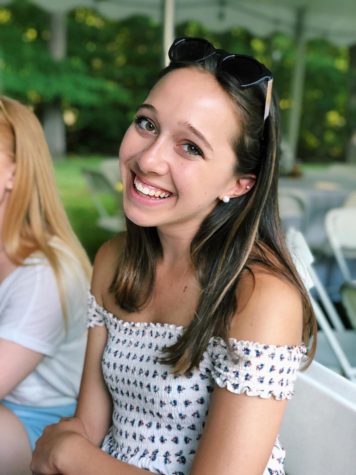
Christina is a junior studying communication-journalism and English-writing. This is her second year as the community engagement editor, and her freshman...

